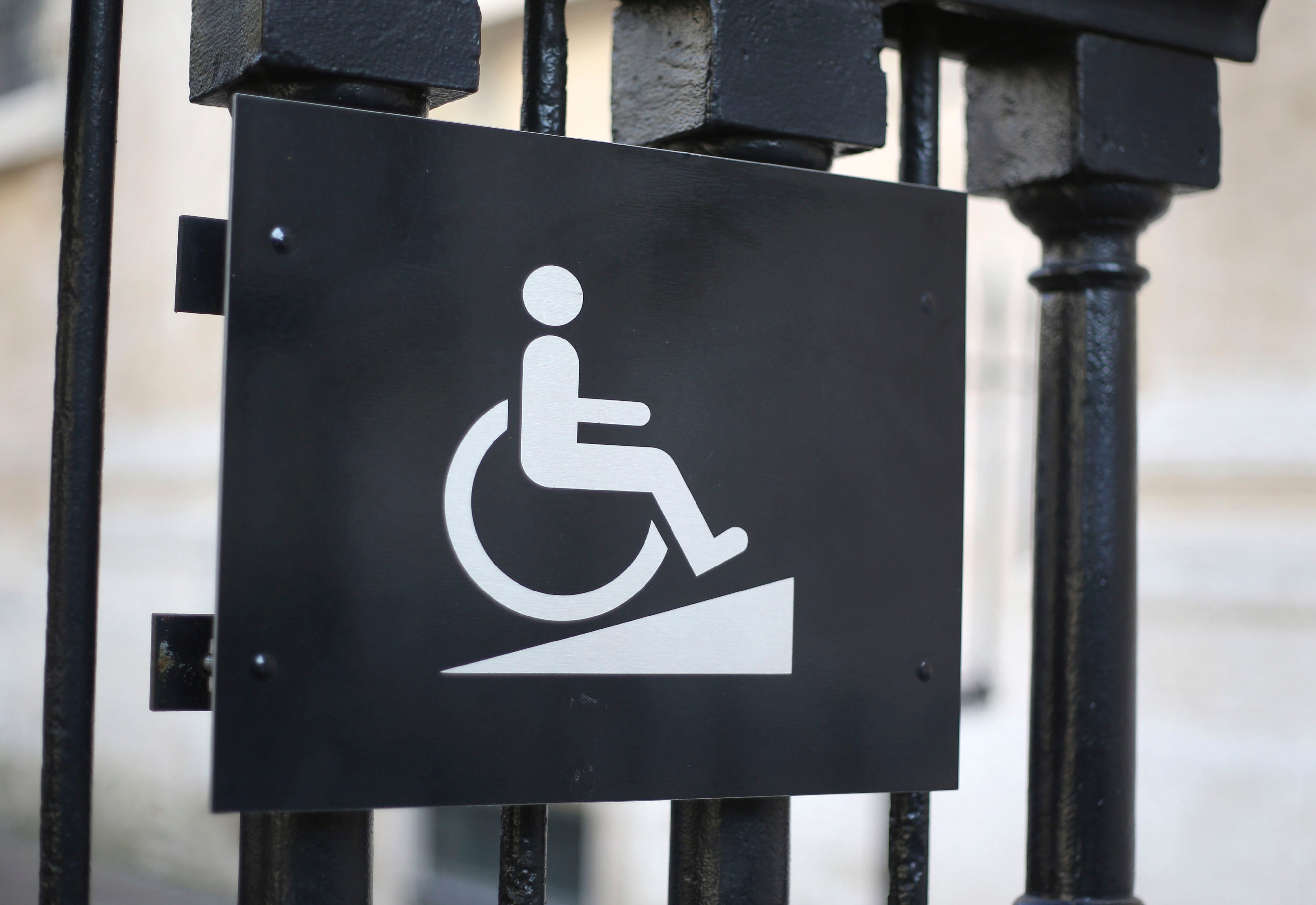Fifth of disabled people fear life will never return to normal after Covid
Disabled people were more likely to report worse mental health, anxiety, depression and loneliness, the ONS found.

Your support helps us to tell the story
From reproductive rights to climate change to Big Tech, The Independent is on the ground when the story is developing. Whether it's investigating the financials of Elon Musk's pro-Trump PAC or producing our latest documentary, 'The A Word', which shines a light on the American women fighting for reproductive rights, we know how important it is to parse out the facts from the messaging.
At such a critical moment in US history, we need reporters on the ground. Your donation allows us to keep sending journalists to speak to both sides of the story.
The Independent is trusted by Americans across the entire political spectrum. And unlike many other quality news outlets, we choose not to lock Americans out of our reporting and analysis with paywalls. We believe quality journalism should be available to everyone, paid for by those who can afford it.
Your support makes all the difference.Around one in five disabled people believe life will never return to normal following the coronavirus pandemic, a survey suggests.
Some 18% of those questioned by the Office for National Statistics (ONS) said they do not think life will ever get back to normal.
This compared with 11% of non-disabled respondents.
Disabled people said the pandemic has affected their lives more than non-disabled people in two key areas.
These were access to healthcare and treatment for non-coronavirus related issues (58% for the disabled compared with 31% for non-disabled people), and wellbeing (55% versus 35%).
Disabled people were more likely to report worse mental health, anxiety, depression and loneliness, the study found.
The ONS collected responses from 4,700 people aged 16 and over in Britain between December 15 and January 3 as part of its Opinions and Lifestyle survey.
A person was considered to be disabled if they reported a physical or mental health condition that has lasted or is expected to last for longer than a year and reduces their ability to carry out day-to-day activities.
Twice as many disabled people (40%) reported feeling lonely often, always or some of the time, compared with 18% of non-disabled people.
They were also more likely to feel like a burden on others (23% versus 7%), and report worse mental health (50% compared with 31%)
Disabled people were four times more likely to experience some form of depression (37% versus 9%), and on average reported lower scores for happiness, feeling that things in their life are worthwhile and life satisfaction.
Non-disabled people were more likely to say their work, personal travel plans, and schools and universities have been affected.
Participants were also asked whether they had experienced a rise in the cost of living in the last month, with 74% of disabled people saying they had, compared with 64% of non-disabled people.
Disabled people were less likely to say they would be able to save money in the next 12 months (36% versus 51%) and less likely to say they could afford an unexpected expense of £850 (56% versus 67%).